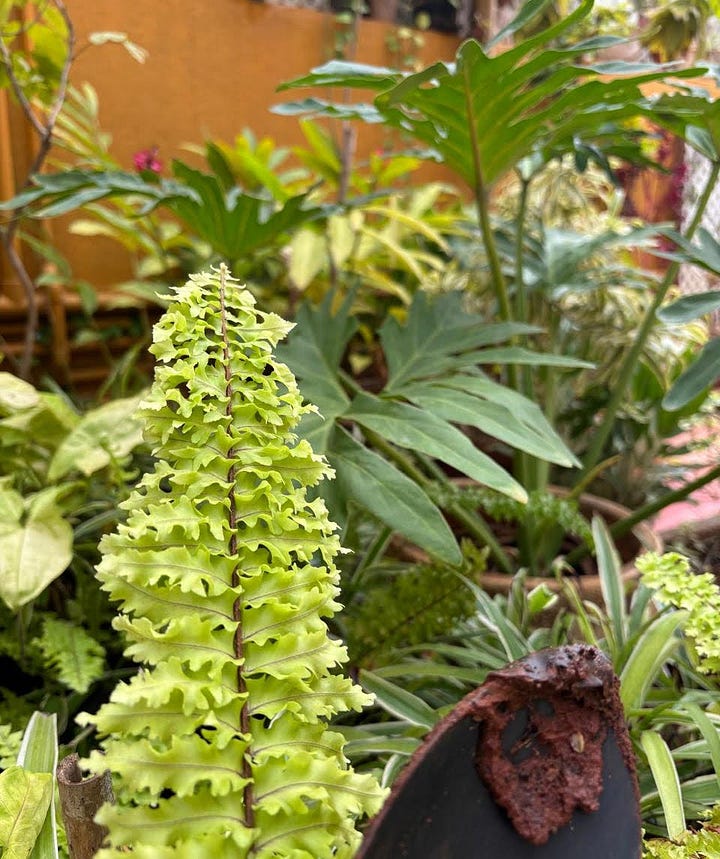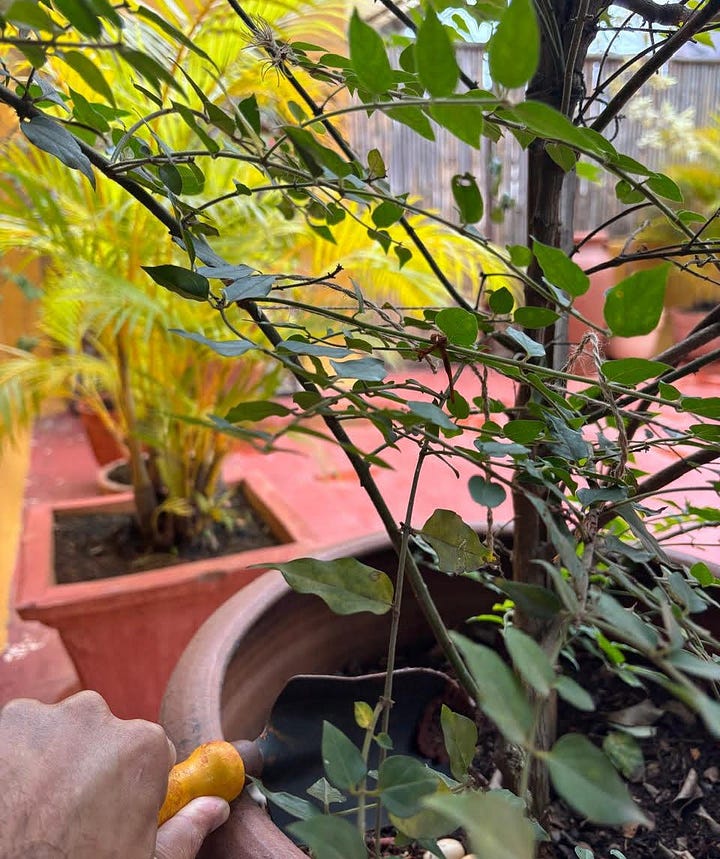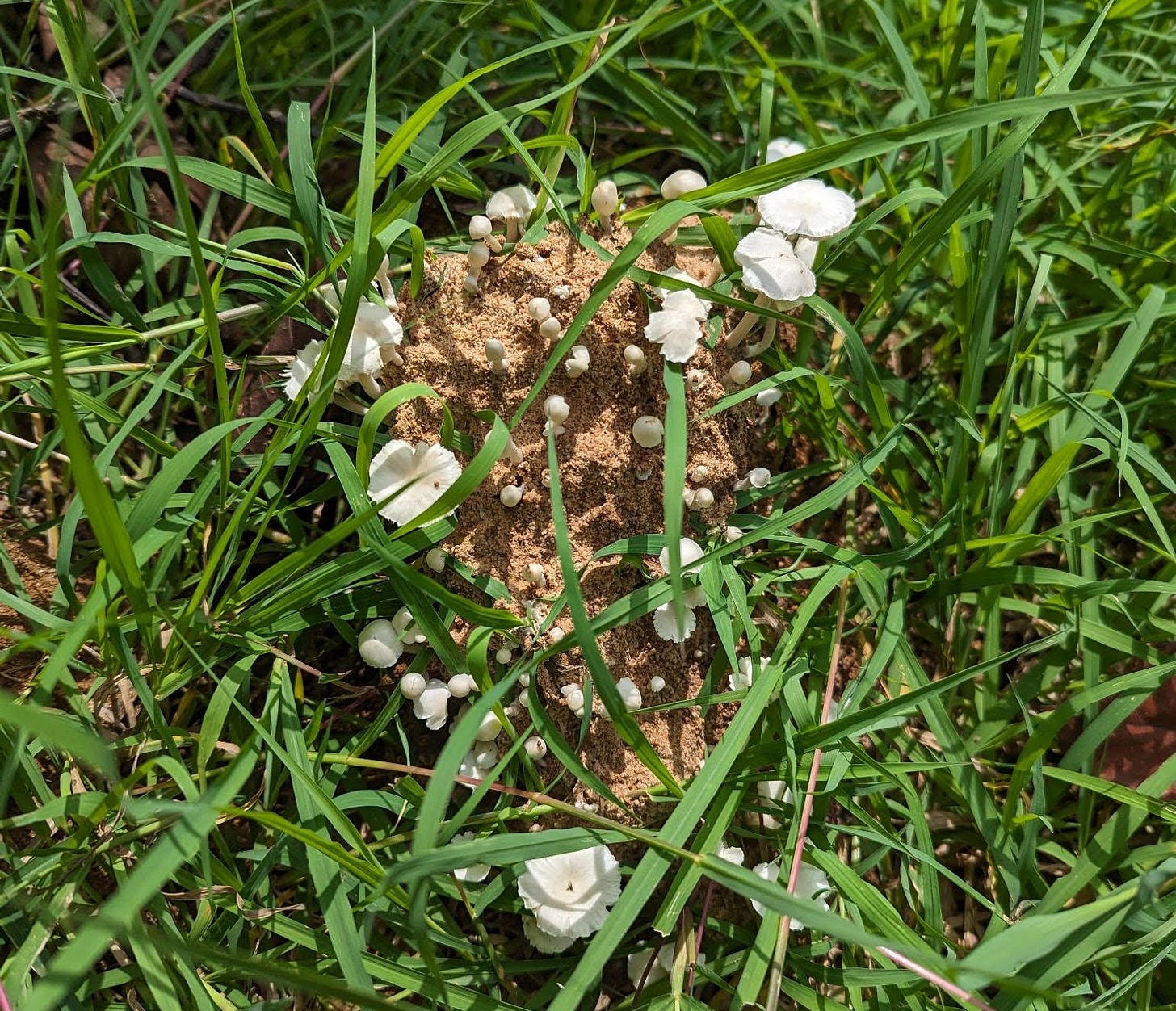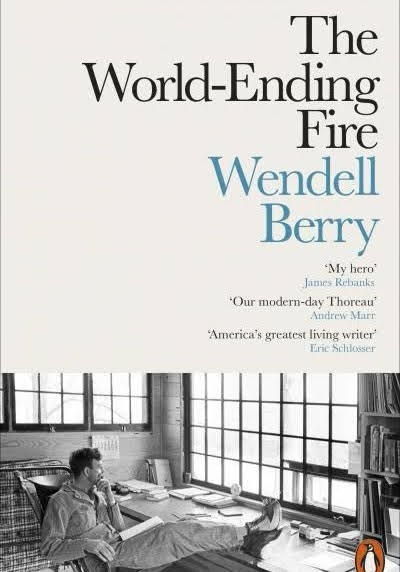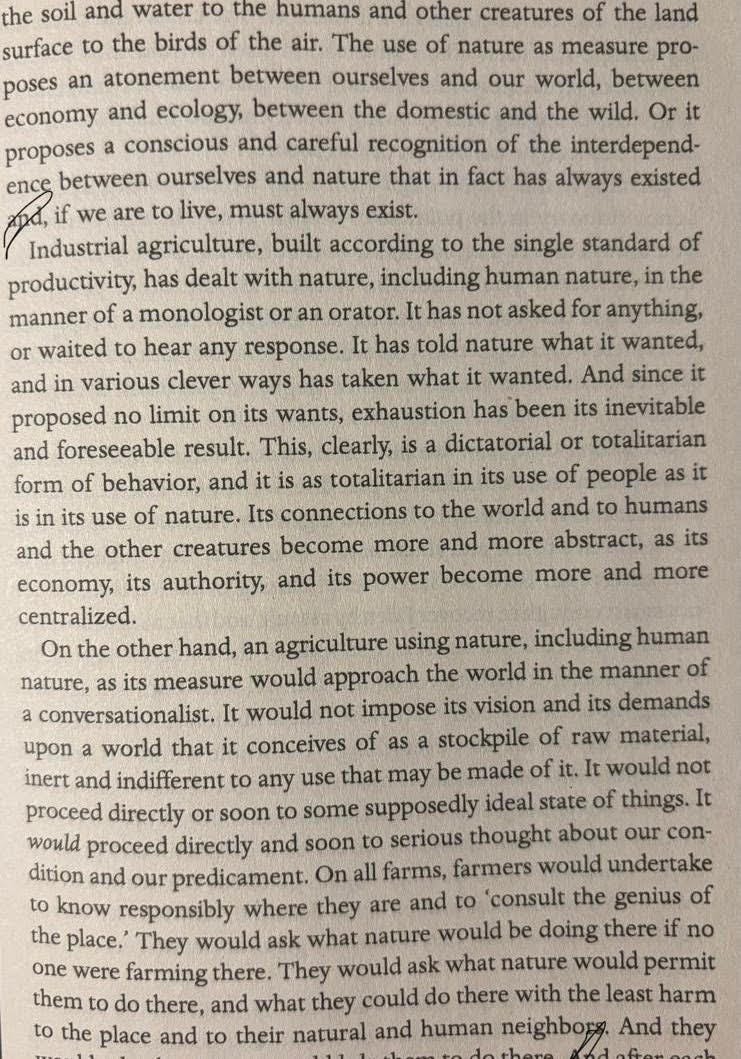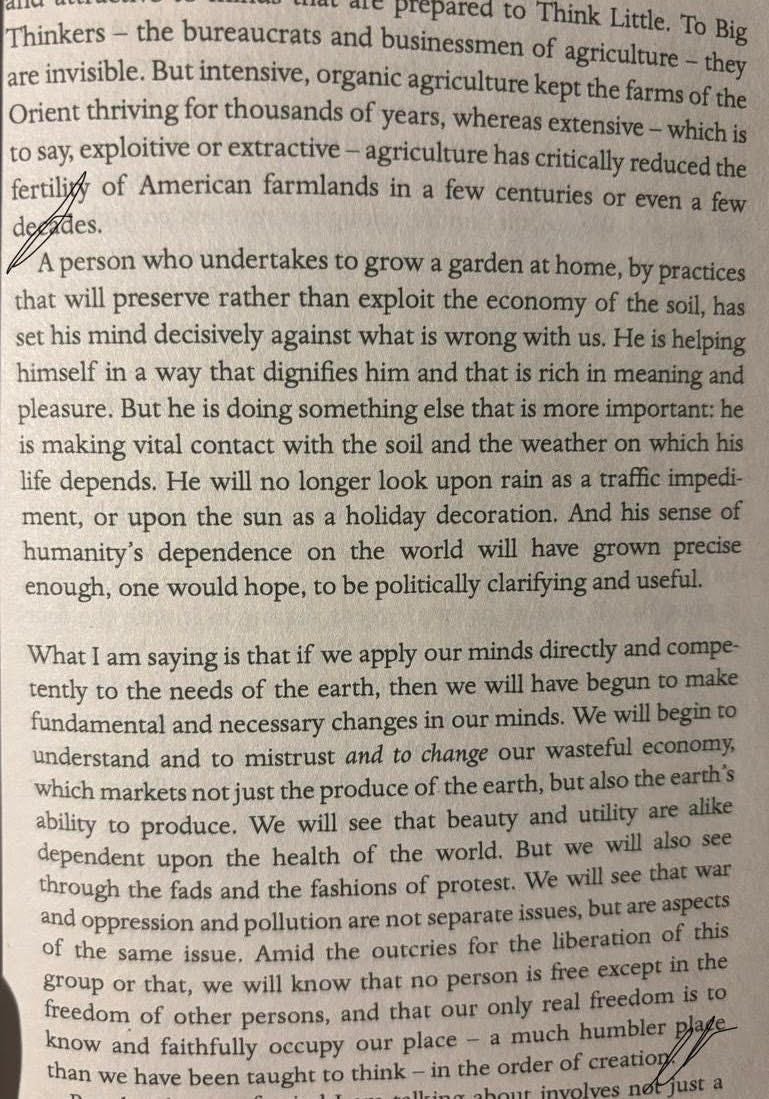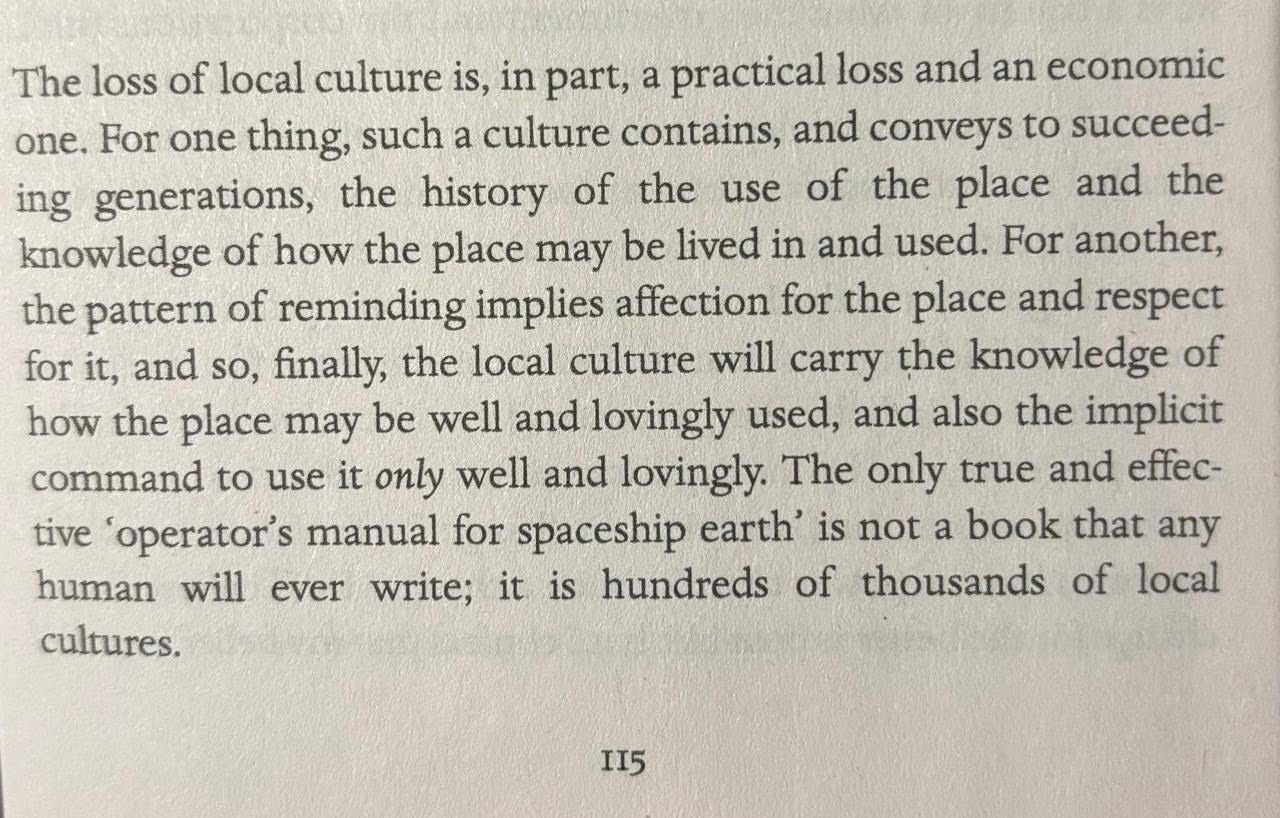In the Company of Unseen Forces | Note #4, Praani
What presences are we walking past, unseeing?
Praani ki Kahani
Praani is our note on listening better to the voice of nature, ways of amplifying them, and finding pathways to bring them into our ways of governance. At Agami, we are deeply interested in how rivers, forests, animals, and even the winds and the stones, might speak into our deliberations on justice.
Offering For the Week
In the Company of Unseen Forces
There’s a patch of ground outside my hostel that everyone passes but nobody notices - until the Shamirpet monsoon comes and mushrooms appear like small ghosts, bright and sudden in the morning light. They were not there yesterday. They will not be there next month. But for now, they claim this forgotten corner as theirs.
There’s a word from the Potawatomi language - puhpowee - for the unseen force that causes mushrooms to push up from the earth overnight. These mushrooms made me think of the other stories tucked into our surroundings, unmarked and unnoticed.
To decide what matters in a place, we first decide what counts as part of it. The default is narrow: property lines, utility grids, traffic flows. But there are other logics - the ways water curls through a marsh, how a bird arcs across the same sky each evening, where roots lift the pavement.
What other presences are we walking past, unseeing?
Sparks from the Ground
Maps as Stories, Stories as Maps
Maps make these choices concrete. Just like in any other form of story-telling, in deciding what appears on one, a cartographer shapes how the world is understood, and how it is used. Counter-mapping is a practice that talks back, making room for what has been left out.
In Ennore, fishers are redrawing the creeks and tidal routes that industry scrubbed from official records. In Kalimantan, forest communities are sketching their own boundaries of living spaces rich with memory. Closer home, Hyderabad Urban Lab has mapped scrap markets and bus routes - the working veins of the city.
With Critterabad, Nivedita Tuli turns to the urban “critters” - birds, fungi, weeds growing whether or not they’re on any official list. At NLSIU, Bangalore, students charted all 53 CCTV cameras on their campus - a map as much about the watchers as the watched.
If you were to draw a counter-map of a space you inhabit, whose presence would you insist on?

These threads will be picked up again in the next When the Earth Testifies piece.
Upcoming Dialogues
We’re hosting a Learning Circle in Bombay on August 23rd as part of the Praani journey. It’s a small gathering to sit with big questions — about elephants, memory, land, and what justice could mean when it begins with the more-than-human.
Dr. Nishant Srinivasaiah, who has spent over fifteen years walking with elephants, will help us explore how they navigate change, conflict, and care in a world shaped by humans.
All of you who receive this newsletter are invited. We would love to have you there, just drop us a line expressing your interest to join in!
This week, Sachin shares a book that’s been speaking to him: World Ending Fire, a collection of Wendell Berry’s essays.
Notes from the Soil
I have come to Wendell Berry very late in my life. But as they say in these parts - der aye durust aye. World Ending Fire is a collection of some of his finest essays. Reading across seminal pieces such as Think Little, Nature as Measure, The Total Economy and The Work of Local Culture, I found so much that resonates with my own discontent with the current construct of the ‘modern life’ as we build it and live it.
In Nature as Measure, Mr. Berry speaks about the impact of the standard of “productivity” that has come to dominate our economic and social life. The natural consequence of this is the complete exhaustion of the earth, most evident in the loss of our soil, the weakening of local economies, and - I might add - a global mental health crisis.
He exhorts us to adopt instead the standard of “nature as a measure” and proceed with our works by asking the nature of a place what can be done with the least harm. I imagine the revival of this language of long pauses, ululating bird calls, and whispers of streams. I believe this language is still in the collective memory of this part of the world.
And who must get there? Not a farmer out there in a village but each one of us. Because as he writes in Think Little and The Total Economy we must realize that the work of change begins with us in our little embodied acts - me with my spade and you with your cutting knife.
He says clearly what we know as the persistent ache in our hearts - that we have lost our “places”. We think we have just moved and all is well, but in this great migration of place, jobs and skills - over centuries in India - the price of progress has been paid in the loss of languages that bonded us not just to our human neighbours but to all our fellow praanis.
Towards the end of The Work of Local Culture he says -
The only true and effective ‘operators manual for spaceship earth’ is not a book that any human will ever write; it is hundreds of thousands of local cultures. And if I may add - one that is written with long pauses, ululating bird calls, and whispers of streams.
